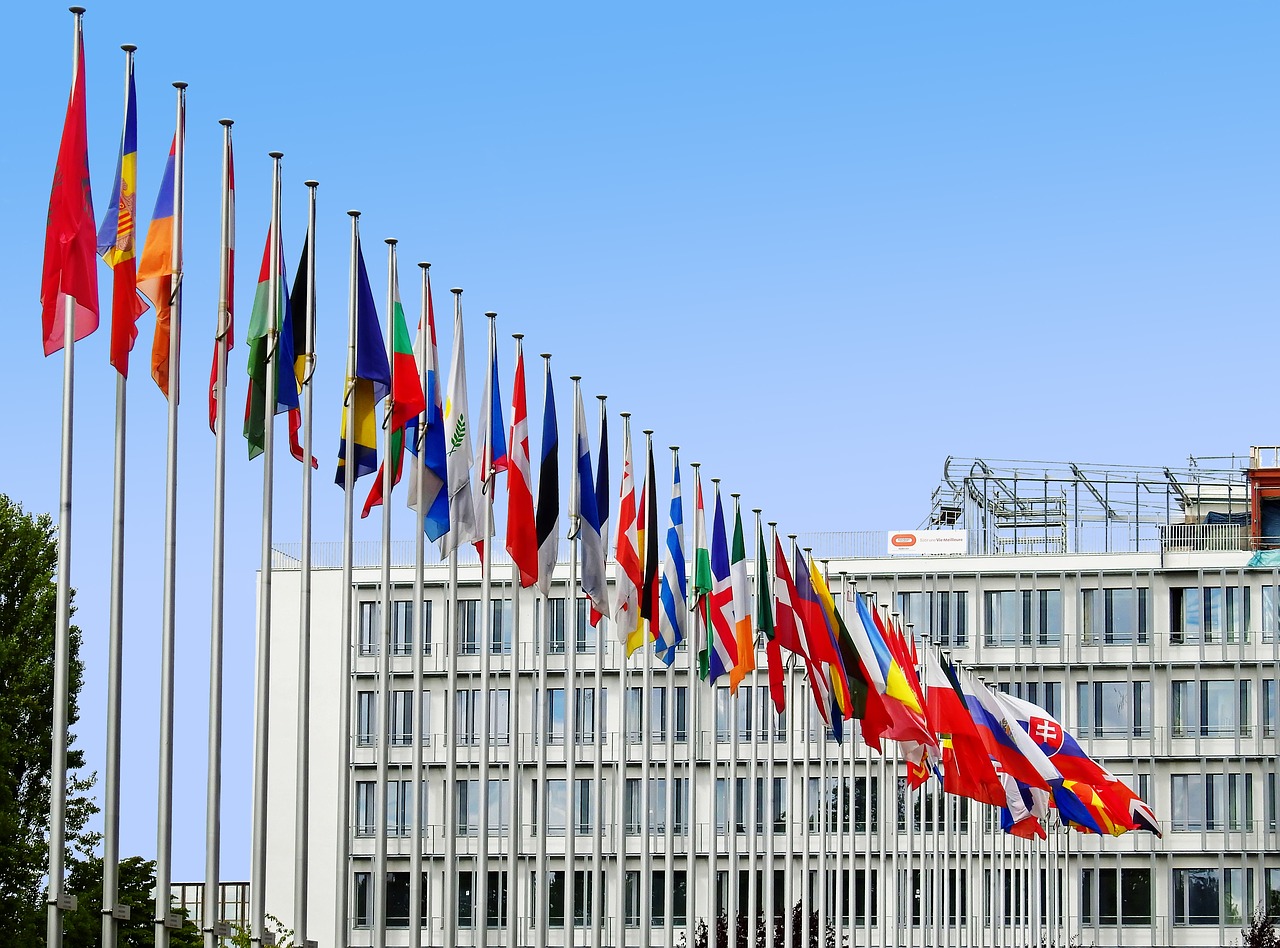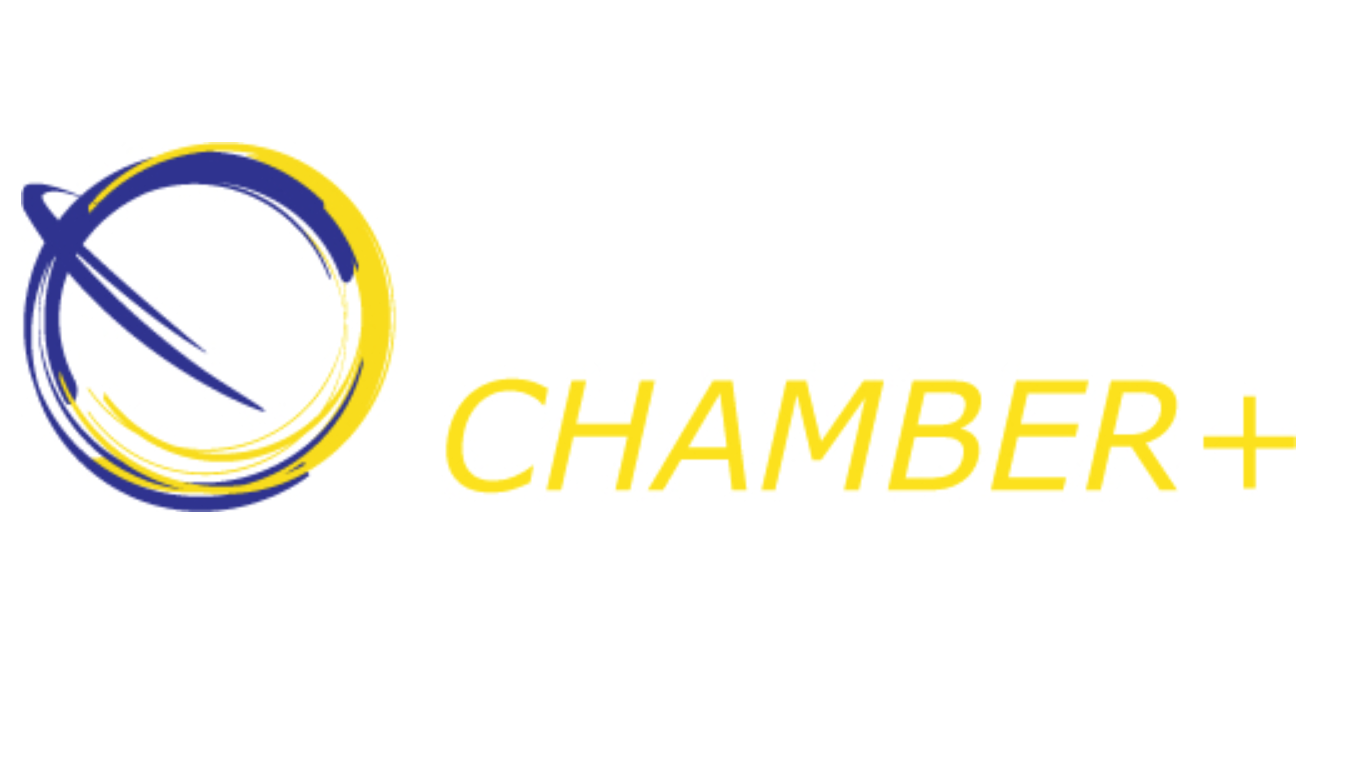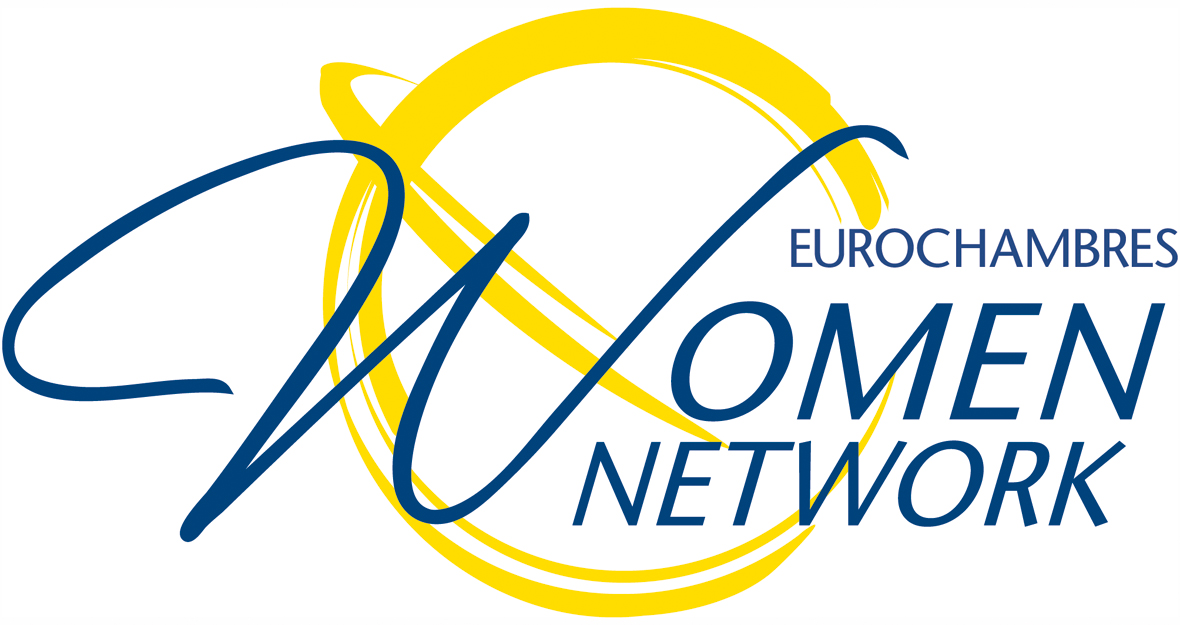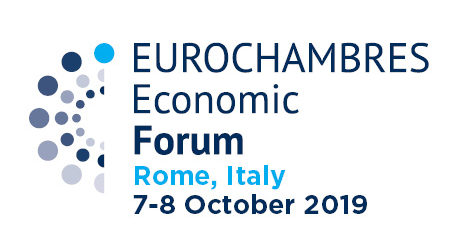Sessions
During this two-day Forum, 2 rounds of 3 different parallel sessions will take place and attendees will be able to choose what are the 2 topics they are more interested for participation. This allows, in the first place, to have smaller groups of discussion and, in the second place, it gives more possibility of choice as each Chamber has its own priorities, challenges and strengths.
In addition to these parallel sessions, a broad plenary session ‘The future of Europe and the future of European Chambers: inextricably linked?’ is scheduled right before the Conclusion plenary of the event. This space wants to gather together all participants to look at the upcoming future of Europe and of the Chambers and discuss together what are the envisaged challenges/opportunities that it offers.

Parallel Session 1: Financing the sustainable transition for SMEs & how Chambers can get involved
As a result of the natural events that are expected to take place in the years to come, the economy and society will have to undergo an unprecedented transformation. Businesses have the opportunity to create long-term prosperity by providing innovative, sustainable business models, products and services. Especially SMEs need sufficient support to continue to be at the forefront of this systemic change. One issue that has proven to be a bottleneck in the past is sufficient access to finance. Together with our high-level speakers, this session will explore the challenges with a practical focus on how SMEs can finance climate change mitigation and adaptation measures, offering a thought-provoking vision for how Chambers can contribute to shaping the future ahead.
Parallel Session 2: Go international – business opportunities beyond the EU
90% of growth will be generated outside the EU – which is why European businesses need to be supported in their internationalization. In this session, we will focus on how chambers and business organizations can provide the right instruments to their members.
There will be an emphasis on helping SMEs utilize existing facilitators like free trade agreements, as well as innovative measures to support their needs effectively. It will equally dedicate a part of this meeting to the development of best practice exchange for internationalization actions as well as policy recommendations to facilitate the creation of an appropriate framework for businesses seeking to go global.


Parallel Session 3: Let’s close the skills gap!
Skills gaps and skills mismatches are one of the biggest challenges affecting the competitiveness of businesses. This reflects the transformations brought about by megatrends such as globalisation, digitalisation, technological progress and demographic change, which rapidly alter the skills that employers need and shorten the shelf-life of employees’ existing skills sets. The cost of persistent skills shortages and mismatches is substantial for individuals, businesses, and the economy and society as a whole. Finding a solution to this socio-economically damaging problem requires multi-level cooperation among the business community, educational institutions and policy-makers at all levels.
Parallel Session 4: Embracing digitalisation – Reinventing CCIs
Digitalisation has changed the way companies do business – and CCIs are no exception to that. Most CCIs have are building on digital means to communicate with members, rationalize their processes and provide better service to member companies.
This session should provide an overview of different concepts and methodologies CCIs have applied to reinvent their chambers and provide some concrete examples.


Parallel Session 5: Untapping Europe’s entrepreneurial potential
Entrepreneurs are the driving force of Europe’s competitiveness and growth. They are creators, mentors, trainers, innovators and, as such, they play a key role in our society.
Chambers are crucial actors in enabling entrepreneurs and their businesses to thrive and our economy to grow. But to realise its full entrepreneurship potential , Europe needs an ecosystem that facilitate the creation and expansion of businesses and measures that stimulate the development of an entrepreneurial mindset.
Parallel Session 6: Business cross-borders: obstacles in the Single Market
At last October’s European Parliament of Enterprises in Brussels, 70% of the participating entrepreneurs voted NO to the question “Is the EU Single Market sufficiently integrated, allowing your company to operate and compete freely?”
As the upcoming European Commission will be preparing a new EU single market strategy, we wants to dig deeper and tell policy makers why the single market is failing to help so many businesses. In this session we should try to identify the major obstacles and find a solution on how to tackle them.


Plenary Session: The future of Europe and the future of European Chambers: inextricably linked?
There has been much debate over the last two to three years about the future of the EU. This was partly prompted by the 2016 UK referendum, but also by wider reflections on the best way forward for the European project in the context of increasing competition from other economise and vast global challenges such as the climate crisis, demographic change, security and migration. The outcome of this debate has been inconclusive and the EU seems set to continue on its established path of incremental change for the foreseeable future. But what impact does this have on our micro, small, medium and large businesses and how should the Chamber network that serves and represents them across Europe evolve?
Chamber+ Corner: Pitch your idea!
The EUROCHAMBRES Economic Forum is the strategical meeting point of all European Chambers. Therefore, in addition to the discussion on key priorities for the Chamber network and to the exchange of lessons learned from each other experiences, an additional space is being dedicated exclusively to European projects.
As a follow-up on the Connecting European Chambers conference and on the broader Chamber+ initiative, this session will be open to all Chambers who want to share an idea of project with the rest of the network, by giving a short pitch. In this very dynamic space Chambers will be able to share information and consequently to get on board other partners and team up on common projects.
The time available for each pitch is 3 minutes so it is important to be brief and concise to convey the crucial information.
There will be 20 slots available for those who are interested in intervening in this special session on a first come, first served basis.
If you want to book a timeslot for your project idea, click here to contact us by 30 August 2019.


Side Event: Expanding your institution’s services catalogue: Intellectual Property as an internationalisation business tool
New products, services and solutions are the number one asset of European businesses. They also have intellectual property rights (IPR) that can earn SMEs competitive advantages in key markets like China, Latin America, or South East Asia. But how can business support organisations ensure SMEs have the right legal information before they go global – without needing additional resources?
The International IPR SME Helpdesks organise a side event in the framework of the EUROCHAMBRES Economic Forum to show how business support organisations and their members SMEs can benefit from free, personalized, and confidential IP legal advice service for China, Latin America, and South East Asia. The session will focus on how BSOs can enhance their services with the support of the IPR SME Helpdesks service free of charge and will train BSOs representatives on IP-related topics that are important in their daily work.
Useful links for side event:
Programme – Registration – Website – Contact
EUROCHAMBRES Women Network Meeting
According to the OECD/EC Missing Entrepreneurs 2017 Report, there were 9.6 million self-employed women in the EU in 2016, representing 9.9% of working women, as opposed to 17.5% men in self-employment. Between 2012 and 2016, 2.8% of women in the EU were owners of a business or trying to set up a business, as opposed to 5.3% of men; 4.3% of women were established business owners, as opposed to 8.4% men.
Taking into consideration that women outnumber men in the EU (51.1% of women compared to 48.9% of men in 2018) , women’s entrepreneurial potential is an under-exploited source of economic growth and job creation.
The meeting will be an opportunity for members to get an insight into activities that are being implemented in favour of female entrepreneurship at European level, to apprehend the results of the recent female entrepreneurship surveys that the network carried out and to engage in an interactive discussion on the network’s priorities and future activities.




